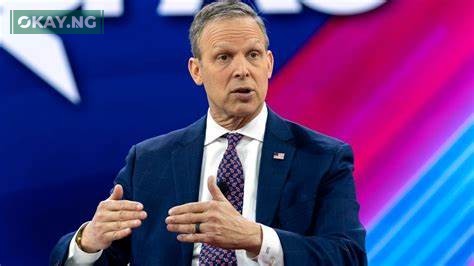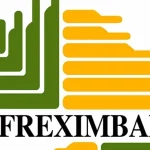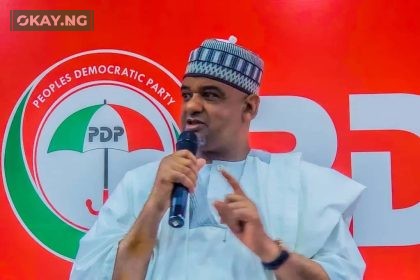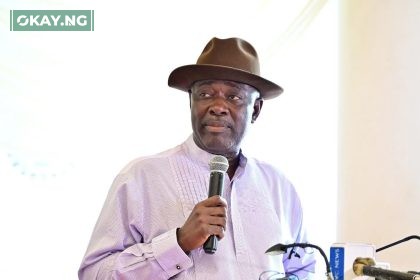U.S. Congressman Scott Perry has yet to provide evidence for his February allegations that the United States Agency for International Development (USAID) funneled funds to terrorist organizations, including Boko Haram. This lack of substantiation has drawn scrutiny and concern, raising questions about the spread of misinformation.
In February, Perry, during a session of the Congress’ Subcommittee on Delivering on Government Efficiency (DOGE), claimed that USAID’s $697 million annual budget was inadvertently funding terror groups. This accusation triggered widespread reactions, particularly in Nigeria, where Boko Haram’s activities have caused significant devastation.
“Your money, $697 million annually, plus shipments of cash, funds ISIS, al-Qaeda, Boko Haram, ISIS Khorasan, and terrorist training camps,” Perry asserted in a widely circulated video. However, he offered no supporting evidence.
The congressman’s claims prompted responses from various quarters. The U.S. Ambassador to Nigeria, Richard Mills Jr., disputed the allegations, citing a lack of evidence. Additionally, Nigerian lawmakers called for investigations into the claims, emphasizing the severity of the accusations.
Adding to the issue, Nigerian human rights lawyer, Emmanuel Ogebe, made direct contact with Congressman Perry. In a letter, Ogebe requested Perry either to substantiate his claims or retract them, expressing concern about the potential danger such accusations posed.
“No political propaganda or showboating is worth putting Americans’ lives at risk abroad for a lie,” Ogebe stated in his letter, emphasizing the dangerous consequences of unsubstantiated claims.
Perry’s response to Ogebe, dated March 26, avoided addressing the Boko Haram allegations directly. Instead, he focused on broader concerns about USAID’s spending, citing examples of what he considered to be wasteful or irregular expenditures. He listed various USAID programs, like funding for media outlets, overseas LGBTQ+ projects and different social based programs, that he disagrees with. His response included:
- “partisan” media funding.
- funding for LGBTQ+ projects in Serbia and the Caribbean.
- support for climate-friendly coffee production in Indonesia.
“The main mission of DOGE is to ensure that the resources of hardworking American People are not squandered,” Perry stated.
The congressman did, however, affirm that the DOGE committee does not have access to the personal data of taxpayers. And he also expressed that he supports Fiscal restraint, and a balanced budget.
The lack of evidence from Congressman Perry raises serious questions about the impact of unsubstantiated claims on international relations and public trust.
The implications of these unsubstantiated claims is concerning. When statements like these are produced, with out evidence, it can damage trust between countries, and also, create dangerous situations for people working in aide sectors.
It is critical that when information of this nature is shared, that it is done so with factual information to back it up.












